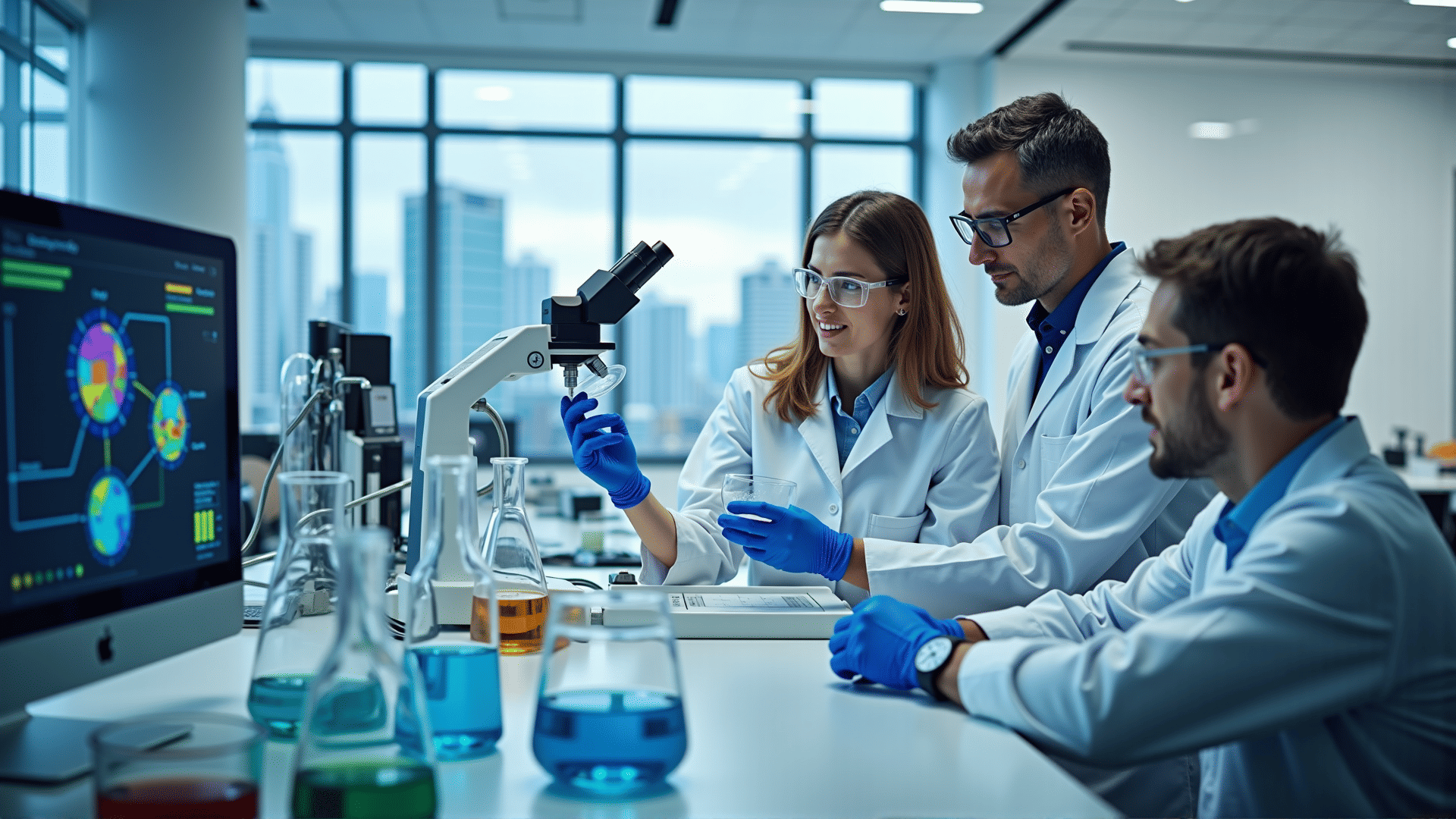Biotechnology continues to revolutionize healthcare, offering innovative solutions to some of the most challenging health issues of our time. Recent advances are reshaping the landscape of medicine and bringing forth a wave of novel therapies and diagnostic tools that promise a new era of personalized and effective care.
One of the most exciting developments in biotechnology is the progress in gene-editing technologies. Techniques such as CRISPR-Cas9 have paved the way for precise genetic modifications, enabling researchers to target specific genes associated with diseases. This breakthrough holds potential in treating inherited disorders, some forms of blindness, and certain types of cancer, by modifying defective genes at their source.
Furthermore, the field of personalized medicine is witnessing significant advancements due to biotechnology. By understanding an individual's unique genetic makeup, scientists can tailor treatments specifically for them, improving the efficacy and reducing the side effects of therapies. This bespoke approach to healthcare is gradually becoming a reality, with numerous pharmaceutical companies exploring personalized therapeutics.
Biotechnology is also driving innovations in the realm of diagnostic tools. Advanced platforms for rapid disease detection and monitoring are becoming increasingly available. Wearable devices equipped with biosensors can now provide real-time data on vital statistics and biochemical markers, offering continuous health monitoring. These innovations improve early intervention strategies and have the potential to transform chronic disease management.
Tissue engineering and regenerative medicine are other areas experiencing groundbreaking progress. Scientists are making strides in creating artificial organs and tissues, which could potentially alleviate the shortage of transplantable organs. By using a patient's own cells to grow tissues, the risk of rejection is significantly reduced, promising safer and more effective outcomes for those in need of transplants.
The intersection of artificial intelligence and biotechnology is further accelerating discoveries in healthcare. AI algorithms capable of analyzing large datasets are identifying patterns and insights that human researchers might miss. These insights guide drug development, improve diagnostic accuracy, and even predict disease outbreaks, showcasing the power of technology-enhanced scientific inquiry.
Yet, while the advancements in biotechnology are impressive, they are not without challenges. Ethical considerations, affordability, and accessibility remain significant barriers that need to be addressed to ensure these innovations benefit a broad spectrum of society.
Looking forward, the future of experimental science in healthcare is promising. As researchers continue to harness the power of biotechnology, the potential for novel therapies, improved diagnostics, and personalized care expands. This evolving landscape promises not only to enhance healthcare outcomes but also to transform how we understand and treat diseases at their core, ushering in an era of unprecedented health solutions.
